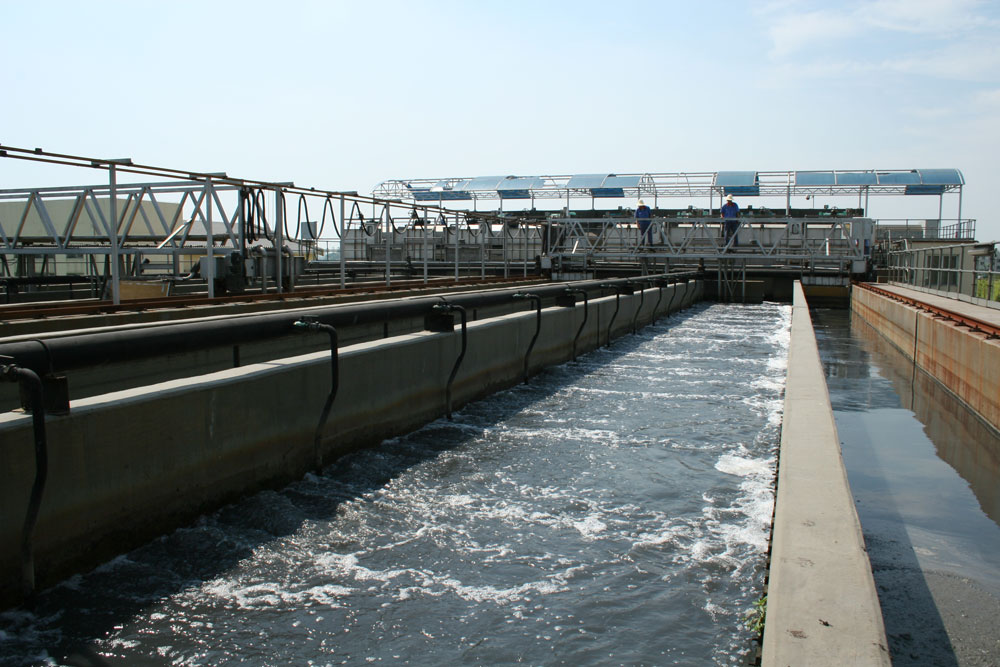
Comprehensive Utility Services and Solutions

OPERATIONS AND MAINTENANCE
Under an Operation and Maintenance Contract, management, operation and the rehabilitation of downstream assets, distribution networks, and house service connections are all managed by Metito Utilities. The company provides client support in monitoring and following up on such work ensuring full integration of new works within the existing network. MUL also ensures that all new assets are properly recorded in the client’s inventory.
The company utilises state of the art digitalised mapping, computerised models, and asset management systems to optimise operational performance, ensuring service continuity, and minimising interruptions. Special attention is given to works that may interfere with the continuity of water supply, assuring that interruptions are limited to the minimum necessary and that the distributed water quality is not affected by these disturbances.

CUSTOMER SERVICE, METERING, BILLING AND COLLECTION MANAGEMENT CONTRACTS
These services focus on enhancing existing processes, procedures, resources, collection and bad debt management. This is achieved by either undertaking the full scope of responsibility on behalf of the client, or by providing management support to the existing team.
By managing customer service, billing, and collection management, Metito Utilities conducts an assessment of the existing processes, procedures, resources (tools and systems), hardware and software dedicated to billing, collection, bad debt management practices, human capital allocated to customer relationship and revenue stream management. Following the assessment a commercial management plan is set to outline necessary improvements to inventory, procedures, consumption metering and tariff structure amongst others. MUL then manages the implementation of the plan involving the training of client’s staff, based on the strengths and weaknesses identified during the assessment of human capital skills.

NON-REVENUE WATER (NRW) REDUCTION
The optimisation of downstream networks (by tackling both technical and commercial losses) ensures unaccounted for water is kept at a minimum, thus allowing for efficient management of existing water resources, and generating significant savings to the client. MUL provides NRW reduction services through short term management programs or longer term performance based contracts.
MUL’s approach to a NRW reduction program is based on three main vectors: strict diagnosis of the state of the water supply system and water loss (real and apparent); definition of the adequate strategy; action plan to develop a rigor implementation.
The NRW reduction program is prepared to achieve the following, commonly sought after objectives:
- Cost optimisation in the following areas; intake and water treatment, energy consumption, maintenance of the systems and operational management
- Protection of water resources and the surrounding environment through the reduction of real water losses, rational use and reduced water waste, reduction of the environmental impact of works to expand storage and treatment of water
- Increasing collection turnover by improving the metering accuracy
- Decreasing the amount of illegal/fraudulent connections
During the diagnosis stage several opportunities for improvement may be identified which form the basis of the strategy, recommended methodologies and procedures. MUL offers the following services to apply the agreed on strategy such as planning and monitoring, planning and implementation, and management of the water supply system to ensure a reduction of consistent losses over the years of the project implementation. In this last option, a better performance of the water supply system can be obtained through the effective management of tasks and the respective resources.
